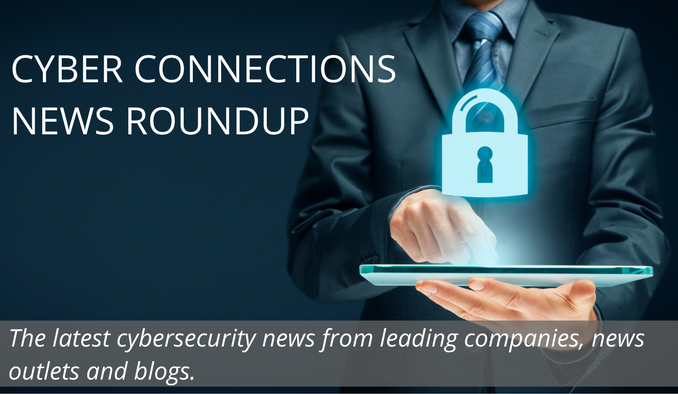
Get the latest cybersecurity news from leading companies, news outlets and blogs.
Cyber Connections News Roundup is a bi-weekly brief of online links to news stories and commentary of interest to the cybersecurity community, delivered on the second and fourth Tuesday of each month. Articles are selected for their newsworthiness, timeliness, potential impact, and reach.
March 24, 2020
Bipartisan Committee Delivers Cybersecurity Roadmap
According to a recent report on www.securityboulevard.com, on March 11 the Cybersecurity Solarium Commission, a bipartisan committee, released a new U.S. strategy that outlines steps to reshape the U.S.’s approach to cybersecurity and prepare for resiliency and response before a major cyber incident occurs. The report focuses on action, featuring numerous recommendations addressing organizational, policy, and technical issues. A concluding appendix features draft bills that Congress can rapidly act upon to put these ideas into practice and make America more secure. Read more.
Cybersecurity Risks Increase as More Employees and Students Go Online
A recent article on www.theatlantavoice.com highlights how the dramatic expansion of teleworking by U.S. schools, businesses and government agencies in response to the Coronavirus is raising questions about the capacity and security of the tools many Americans use to connect to vital workplace systems and data. As citizens increasingly log on from home, they are melding their personal technology with professional tools at unprecedented scale. Employers, already concerned about capacity, must now also address the issue of people introducing new potential vulnerabilities into their routines. Read more.
Cybersecurity Experts Band Together to Protect Hospitals
According to an article on www.cyberscoop.com, a recent attack on a hospital inspired experts in the infosec community to get involved. After a cyber attack on a Czech hospital last week, cybersecurity professionals from companies in Israel, Europe and North America banded together in their spare time to send threat data to medical organizations to protect them from hackers trying to exploit the COVID-19 crisis. “If anyone is sick enough to use this global crisis to conduct cyber attacks, we need to try to stop them,” said Ohad Zaidenberg, an Israel-based cyber threat researcher. Zaidenberg assembled the ad-hoc group of around 70 malware hunters to gather data on COVID-19-related hacking. Read more.
Can AI Bridge the Cybersecurity Skills Gap?
A recent article on https://analyticsindiamag.com considers artificial intelligence can be the cure to our cybersecurity challenges, or will it make the skills gap even worse with the changing landscape? The 2019/2020 Official Annual Cybersecurity Jobs Report sponsored by Herjavec Group estimates that there will be 3.5 million unfilled cybersecurity jobs globally by the year 2021. AI could serve as an effective way to streamline the identification, analysis, investigation, and prioritization of security alerts. Through the use of AI and analytics techniques, businesses can also create supervised learning, graph analytics, and reasoning processes, along with leveraging the power of AI to automate the data-mining process. Read more.
HHS Adopts a “People Centric” Approach to Cybersecurity
According to a recent article on https://federalnewsnetwork.com, the National Institutes of Health is taking a “people-centric approach” to protecting one of the largest government bureaucracies. Through its Optimize IT Security effort, one of eight programs launched throughout Department of Health and Human Services to increase the efficiency and effectiveness of its operations, NIH aims to empower employees with the information they need to identify suspicious behavior, such as phishing emails, and make employees feel comfortable reporting these anomalous activities to cyber personnel. NIH has identified 13 different user groups across the enterprise with access its networks, and is tailoring cyber-awareness approaches to positions such as clinicians, researchers, scientists and emergency management personnel. Read more.


Share This